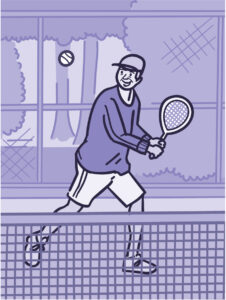Development Implications
- Childhood depression
- Symptoms
- < Age 3: Feeding problems, tantrums, lack of playfulness and emotional expressiveness
- Ages 3 to 5: Accident proneness, phobias, excessive self-reproach
- Ages 6 to 8: Physical complaints, aggressive behavior, clinging behavior
- Ages 9 to 12: Morbid thoughts and excessive worrying
- Precipitated by a loss
- Focus of therapy: Alleviate symptoms and strengthen coping skills
- Parental and family therapy
- Symptoms
- Adolescence
- Symptoms include
- Anger, aggressiveness
- Running away
- Delinquency
- Social withdrawal
- Sexual acting out
- Substance abuse
- Restlessness, apathy
- Best clue that differentiates depression from normal stormy adolescent behavior
- A visible manifestation of behavioral change that lasts for several weeks.
- Most common precipitant to adolescent suicide
- Perception of abandonment by parents or close peer relationship
- Treatment with
- Supportive psychosocial intervention
- Antidepressant medication
- Symptoms include
- Senescence
- Bereavement overload
- High percentage of suicides among elderly
- Symptoms of depression often confused with symptoms of neurocognitive disorder
- Treatment
- Antidepressant medication
- Electroconvulsive therapy
- Psychotherapies
- Postpartum depression
- May last for a few weeks to several months
- Associated with hormonal changes, tryptophan metabolism, or cell alterations
- Treatments
- Antidepressants and psychosocial therapies
- Symptoms include
- Fatigue/Irritability
- Loss of appetite
- Sleep disturbances
- Loss of libido
- Concern about inability to care for infant
- Transient depression
- Symptoms at this level of the continuum are not necessarily dysfunctional.
- Affective: The “blues”
- Behavioral: Some crying
- Cognitive: Some difficulty getting mind off of one’s disappointment
- Physiological: Feeling tired and listless
- Symptoms at this level of the continuum are not necessarily dysfunctional.




